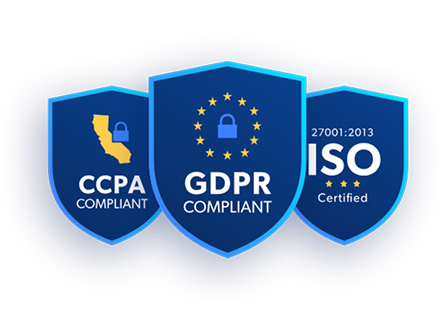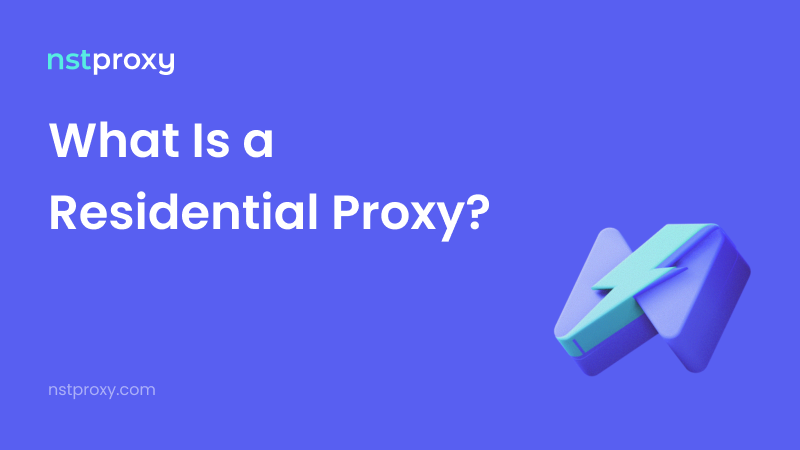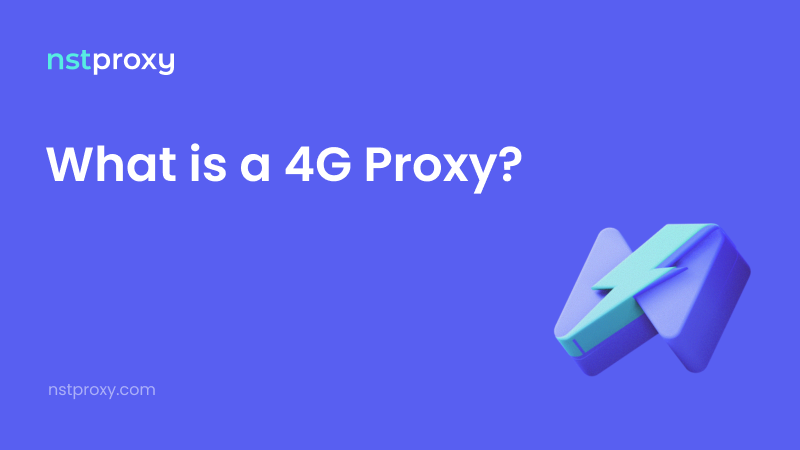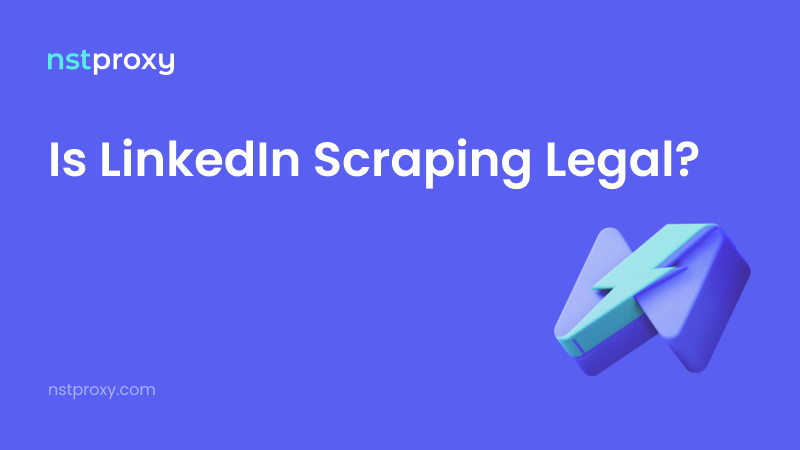Introduction: Why Residential Proxies Matter Today
In today’s connected digital world, privacy, security, and access to reliable online data are more important than ever. Whether you’re a business conducting global market research, an e-commerce team monitoring competitor prices, or a social media agency managing multiple accounts, residential proxies have become an essential tool.
Unlike traditional proxy services, residential proxies combine authenticity and stability, making them one of the most effective solutions for avoiding detection and ensuring smooth access to the web.
At Nstproxy, we provide high-quality residential proxies designed to meet these modern challenges—helping businesses and individuals achieve their goals with efficiency and reliability.
What is a Residential Proxy?
A What is a Residential Proxy? is an intermediary that routes your internet traffic through IP addresses assigned by Internet Service Providers (ISPs) to real residential devices. In other words, these IPs belong to actual homeowners and are tied to genuine physical locations.
Definition: A residential proxy masks your real IP with one that looks like it comes from a real home, providing higher anonymity and lowering the chances of being detected or blocked.
This is what sets them apart from datacenter proxies. While datacenter proxies use IPs from commercial hosting providers (which are easy to flag and block), residential proxies appear as everyday user traffic—making them far more trustworthy in the eyes of websites.
Common Misconceptions About Residential Proxies
- “A proxy is the same as a VPN.” Not true. VPNs encrypt all traffic but use shared IP pools that can raise suspicion. Residential proxies focus on IP masking and are tailored for specific tasks like scraping, ad verification, or account management.
- “They’re only used for shady purposes.” Also false. Many enterprises rely on residential proxies for legitimate business functions, from advertising compliance to competitor research.
Key Use Cases for Residential Proxies
1. Market Research & Competitive Intelligence
Businesses can collect unbiased data, monitor competitor pricing, and study trends across multiple regions without revealing their real identity.
2. Web Scraping & Data Collection
Residential proxies make large-scale scraping possible by rotating through real IPs, bypassing anti-bot systems, and ensuring consistent access to valuable datasets.
3. Ad Verification & Brand Protection
Agencies and brands rely on residential proxies to confirm ad placements, prevent fraud, and ensure campaigns are displayed correctly worldwide.
4. Social Media Management
Proxies help agencies manage multiple accounts safely, minimizing the risk of bans while maintaining a global presence.
5. E-commerce & Price Monitoring
Online stores track competitor inventory, pricing, and regional variations in real time—allowing them to adjust strategies dynamically.
At a Glance: Residential Proxy Benefits
| Use Case | Industry | Key Benefits | Success Rate |
|---|---|---|---|
| Web Scraping | Data Analytics | High success rate, low detection | 95%+ |
| Ad Verification | Digital Marketing | Geo-accurate results, fraud detection | 98%+ |
| Price Monitoring | E-commerce | Real-time competitive insights | 92%+ |
| Social Media Management | Marketing Agencies | Account safety, multi-region support | 90%+ |
| Market Research | Business Intelligence | Unbiased competitor analysis | 94%+ |
Frequently Asked Questions
Are residential proxies legal? Yes—when used for legitimate purposes like scraping public data, ad verification, or market research. Compliance with laws and site terms is important.
How are they different from datacenter proxies? Residential proxies use real ISP-assigned IPs, while datacenter proxies come from hosting centers that are easier to detect.
Can websites detect residential proxies? High-quality residential proxies are very difficult to detect. Poorly sourced or misused proxies, however, may still be flagged.
What should I look for in a provider? Consider IP pool size, speed, uptime, global coverage, ethical sourcing, and customer support.
How much do they cost? Traditional providers charge between $5–$50 per GB. With Nstproxy, plans start as low as $0.8 per GB, making enterprise-grade residential proxies accessible and affordable.
Final Thoughts
Residential proxies are no longer a niche tool—they’re a necessity for anyone serious about data collection, digital marketing, or online security. By using authentic residential IPs, they provide reliability, anonymity, and access that other proxy types simply can’t match.
At Nstproxy, we’ve built one of the most affordable and reliable residential proxy networks on the market—helping businesses of all sizes unlock new opportunities with data.
👉 Ready to explore? Get started with Nstproxy today.



